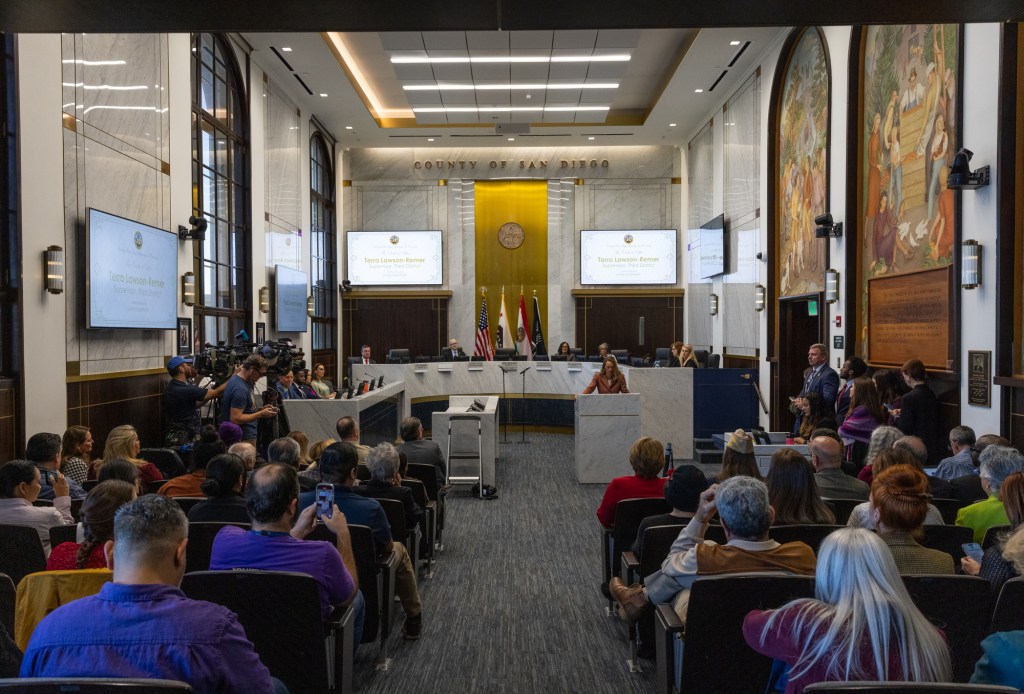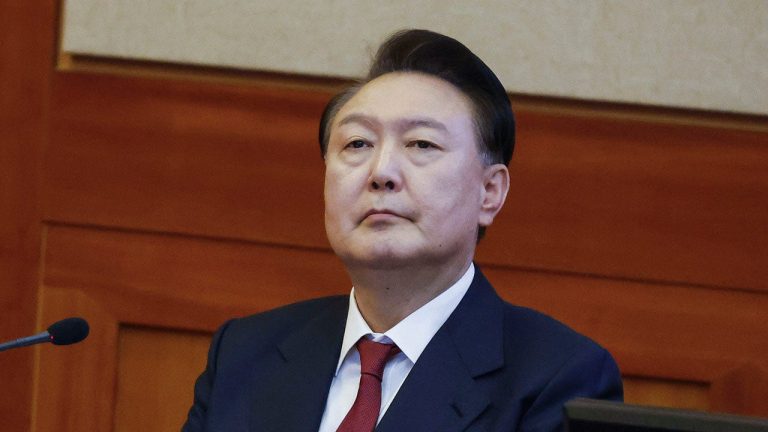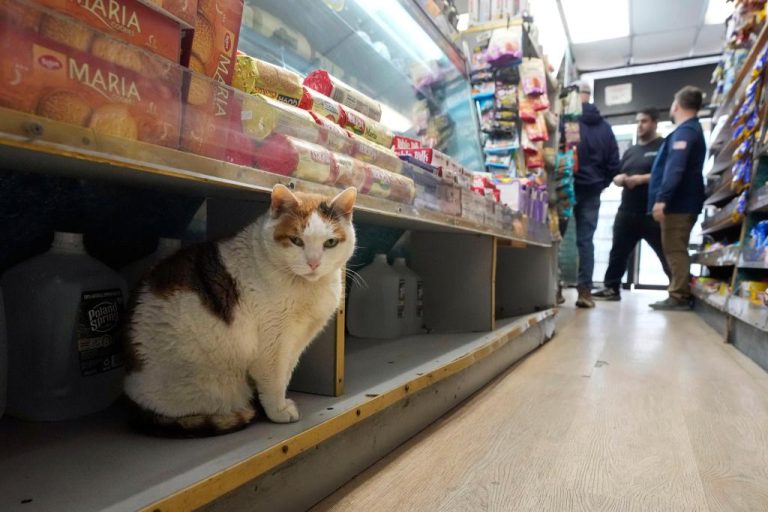

County supervisors got some public pushback this week as they tested out their recently amended rules and procedures at their first meetings of the year.
After failed attempts to tighten its rules for public participation, the San Diego County Board of Supervisors finally agreed last month on certain amendments amid a jump in meeting disruptions and public harassment.
The board voted 3-1 to approve the changes at its last meeting of last year on Dec. 10, clarifying the language allowed in meetings and toughening sanctions for people who have been removed multiple times.
Supervisor Jim Desmond cast the sole no vote, and Joel Anderson was absent.
“The intent here is really to not just allow our meetings to run more efficiently and more effectively, but also potentially address inconsistencies or lack of clarity in some of the rules,” Supervisor Terra Lawson-Remer, who proposed the motion, said at that meeting.
Public commenters, she added, need “consistency on how rules are applied and clarity up front.”
Some of the changes were procedural, such as changing the names of the biweekly meeting sessions to clarify that they aren’t two separate meetings but rather two parts of a larger meeting.
This allows the Tuesday meetings — which often run long — to have a set end time and be completed the following day.
Other changes focused on reining in meeting disruptions, such as clarifying that speakers can only direct remarks and questions toward board members, not county staff — an effort to prevent abuse of staffers.
Finally, participants who have been asked to leave the board chamber three times within a six-month period could face new sanctions on the fourth offense, such as being barred from attending in person for a period of time.
Although Desmond voted against the changes, he agreed there ought to be a better level of decorum in meetings.
“We’re at a point where these are R-rated meetings now, just because of some of the language that’s being used — and for kids looking at government proceedings, we’re not a stellar example,” Desmond said.
But he said that punishing participants was misguided, and commenters should instead get more time to speak. “This is their meeting, not ours.”
Speaking time has been a point of contention. It has been repeatedly reduced — first from 3 minutes to 2, then from 2 minutes to 1 — as some public commenters sign up to speak on every item, often speaking off-topic.
It was these time limits that a handful of public commenters focused on this week, criticizing a new policy that limits speakers’ time to 1 minute if 10 or more people are waiting to speak and that they argue unnecessarily limits participation. But the time limits remain up to the chair’s discretion and weren’t impacted by last month’s amendments.
Supervisor Terra Lawson-Remer, the board’s acting chair, acknowledged some of the concerns Tuesday and pledged the board would treat the public “with respect and dignity.”
“So long as I’m the acting chair, I want to do my best to make sure that everyone feels like these meetings are fair,” she said.
After Tuesday’s meeting, she met with a group of about a dozen of public commenters for about 40 minutes to discuss the issue, and “how we could make these meetings as inclusive and participatory and respectful as possible,” she said.
The conversation largely focused on public-comment procedures, her office said later. She said she would explore ways to give speakers more time, and they discussed how to inform people fairly and equally about how to participate, such as with a video played at the start of each meeting.
It may be too soon to gauge the impact the recent rule changes will make — especially since this week’s meeting agendas were smaller than normal.
But county staff reported no major disruptions at the year’s first meetings. By comparison, last month two people were removed after a disruption, and the room was cleared.
Still, Lawson-Remer expects challenges.
“Protecting the right of the public debate is really sacrosanct, but it can be in such a way that the environment becomes too toxic for someone to participate,” she told The San Diego Union-Tribune.





